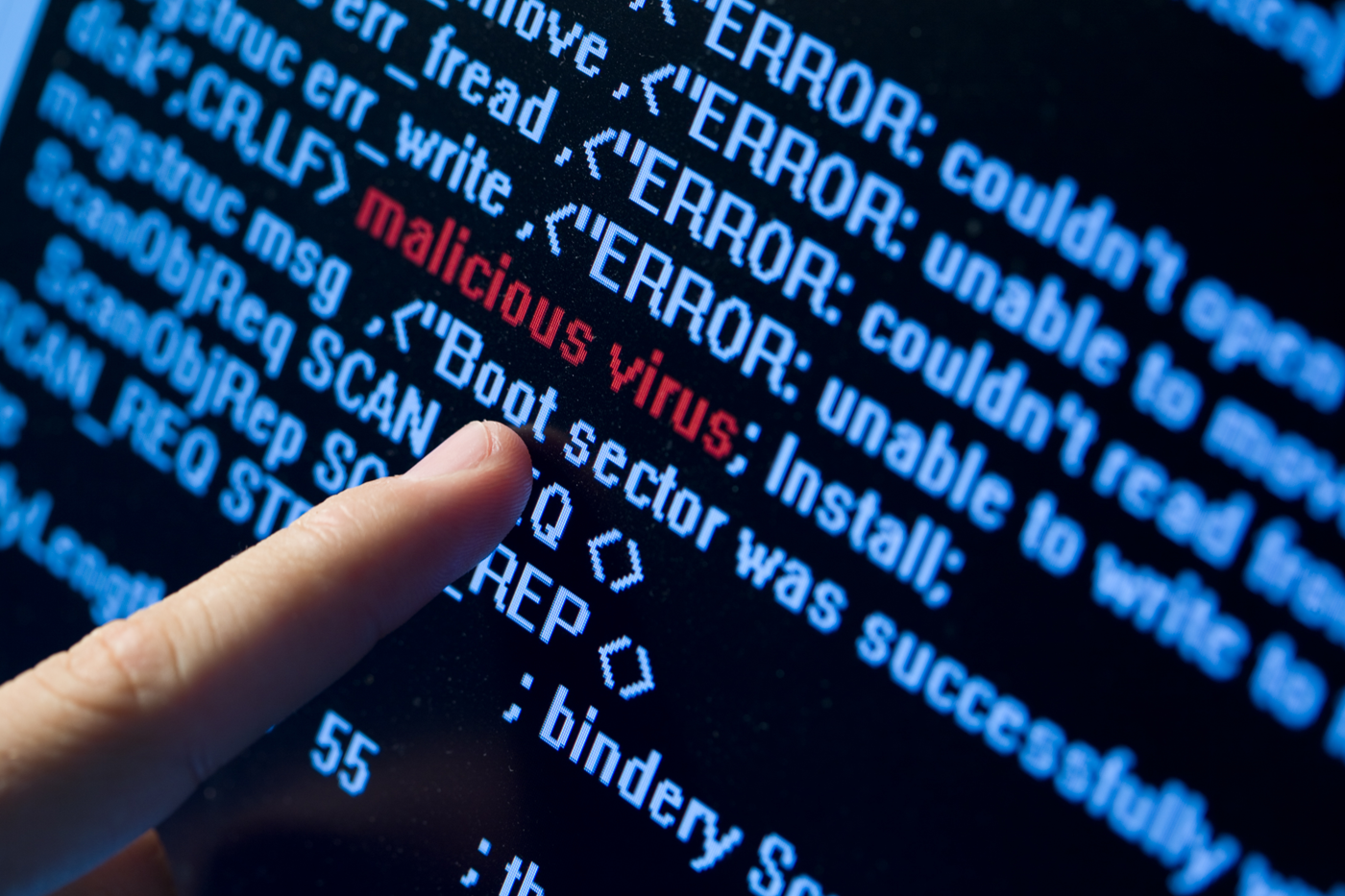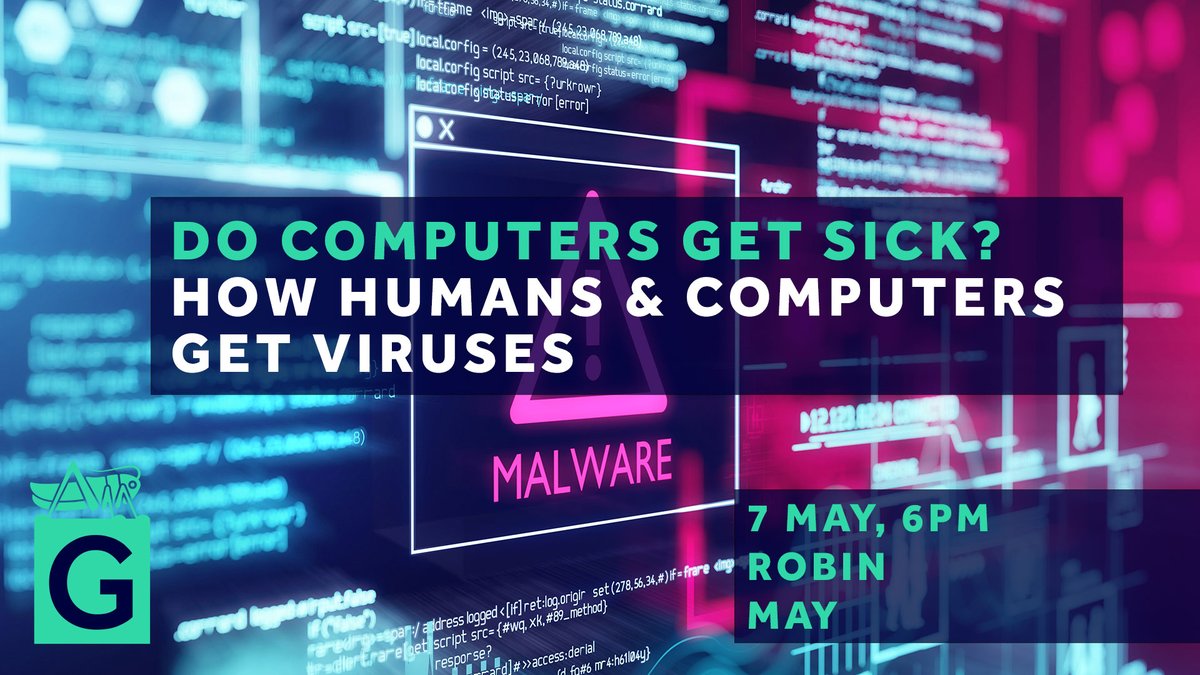Can a machine fall ill? It’s a question that sounds absurd on the surface, but ask any IT professional, and the answer is swift: absolutely. While computers don’t catch colds or fevers, they can be infected, disabled, overwhelmed, and sometimes even rendered useless by invisible agents that slip silently through digital veins. But what if this idea goes beyond metaphor? What if the similarities between human bodies and machines go deeper than we’ve imagined?
Let’s pause for a moment and really look at what happens when you—flesh, blood, thought, and experience—get sick. A foreign invader, like a virus, enters your body. Your immune system detects it, attempts to neutralize it, and builds memory against it. You might feel sluggish, feverish, or mentally foggy. Now, imagine your computer. A virus gets in. It slows down. It crashes. Programs misbehave. It might even need a full system wipe, not unlike a medical reboot.
Here lies the real question: Is there a shared logic between our organic immune systems and the artificial defense systems we build into our machines? The idea isn’t far-fetched. It’s already playing out. Computer antivirus software mimics the behavior of immune responses. It scans constantly, looking for signatures of known threats—just like antibodies. Machine learning has taken this even further. Some systems today can detect suspicious patterns or zero-day threats with no known signatures, the same way your innate immune system spots unknown pathogens based on danger signals and behavior. Both are evolving defense strategies. Both have blind spots. Both can fail.

Related article - Uphorial Podcast

Yet, our machines are more than extensions of us—they reflect us. The need to protect them mirrors our need to protect ourselves. When a new computer virus like WannaCry spread globally in 2017, it exploited unpatched systems just as a real-world virus might exploit a compromised immune system. The digital and biological landscapes aren’t just running in parallel—they’re starting to overlap. This convergence forces us to rethink what it means to be “healthy” in the modern age. Could we someday vaccinate our machines? Or update our immune systems the way we update our software? It’s not entirely science fiction. mRNA vaccines, like those used during the COVID-19 pandemic, are programmable—almost like a downloadable patch for your body. Imagine customizing your immune response to a threat forecasted by global health data, much like your antivirus updates' definitions before a virus hits your country.
Likewise, the concept of machine self-repair isn’t far behind. Some modern systems can detect and correct errors automatically—rudimentary self-healing code. This is similar to how your body repairs a wound, recalibrates after illness, and returns to a state of homeostasis. The difference? You don’t consciously monitor every white blood cell. Machines still need us—at least for now. But there’s something poetic about this parallel. We build computers to reflect our logic, but they end up mirroring our vulnerabilities. They can be hacked, hijacked, and broken. Just like us. Yet we also build them to be resilient, to learn, and to recover. Just like us.
In a world that grows increasingly hybrid—where digital and organic life intertwine—these reflections matter. Your data is your memory. Your operating system is your nervous system. Your firewall is your skin. And your antivirus? That’s your immune system, standing guard day and night, unseen but essential. So yes, computers do get sick. But in asking how and why, we’ve opened a window into something deeper: a shared struggle between organisms and machines to stay alive, protected, and capable of growth. In this mirrored dance, we see ourselves—and in seeing ourselves, perhaps we better understand the fragile beauty of both flesh and code.



